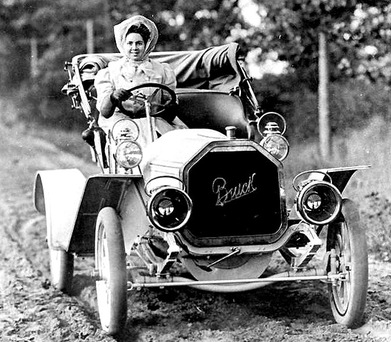\ˈdrīv\
Drive is a very practical, utilitarian verb, brought to us unambiguously from the Germanic. There’s Old English dríf-an, High German trîban, Old Norse drîfa, and the Gothic dreiban, all with meanings quite similar to our English word.
But as is so often the case, this simplicity is deceptive. By my count the OED offers more than 50 different definitions for drive (and that’s just for the verb).
It looks like it’s not so much that way any more. Freedom and independence (and even canoodling) can be had on the internet: a car seems more trouble than it’s worth. In the face of Arwulf’s indifference, we had to resort to a different, earlier form of driving: We drove her to it. We chivvied her along like a recalcitrant musk ox, with the switch of Noodge and the goad of Parental Pressure.
I get what she’s been driving at: for her the incentive to drive is sorely limited. It does not mean freedom. It means chores. If she is going to have to run to the grocery store or chauffeur her brother to karate she’s going to drive a hard bargain.
Some moments have driven me to distraction. As we clock hours in the car preparing for her behind-the-wheel test, I have learned that heavy traffic inspires Arwulf to extremely animated discourse about historical mayhem: Roman emperors! Plagues! Great Power Intrigues! She drives her point home about how the Hapsburg emperors were all LOSERS, as I the supervising parent watch the blind curve and the semi in the next lane and the sudden slowing up ahead and clutch the passenger-side panic handle until my teeth creak. It could drive a person to drink.
Other modes of driving seem quite soothing by comparison.
- Lumberjacks drive logs down rivers.
- Beekeepers drive bees into new hives.
- Artists drive media like paint or gold leaf, spreading it out quickly and very thin.
- Washerwomen “drive a buck of clothes,” soaking a batch (or “buck”) of wash repeatedly with lye or soap in a “bucking tub.”
- People drive feathers, using a current of air to separate them by lifting the lightest ones away and collecting them by themselves. (Do this a few times over, and you get the sort of extra-fluffy result that Othello is referring to when he says The tyrant custom … / Hath made the flinty and steel couch of war / My thrice-driven bed of down.”)
- This also happens with wind over fresh snow. The tiniest cleanest flakes blow into drifts—so, “pure as the driven snow.”
[deep breath]
In Arwulf’s words:
| i acquitted myself Well and Mightily and now have one whole drivers license with which i can send 2000 pounds of metal and plastic careening down the public thoroughfare on the power of liquefied dinosaurs at speeds humanity was never meant by nature to attain. |
| Or, in the words of another modern sage: | |


 RSS Feed
RSS Feed